Jayadeva Hospital Director explains the crucial role of genetics and genomics
Mysore/Mysuru: The development of safe and effective COVID-19 vaccines is a crucial step in helping us get back to doing more of the things we enjoy with the people we love. And genetics has played a crucial role in vaccine discovery just six months after the outbreak of the pandemic, said Director of Sri Jayadeva Institute of Cardiovascular Sciences and Research Dr. C.N. Manjunath.
He was speaking at the First South Zone Conference of the Indian Academy of Biomedical Sciences (IABSCON-South Zone-2022) and the International Symposium on ‘Translational Research’ held at Vijnan Bhavan, in Manasagangothri premises on Thursday. The event was organised by the Department of Studies in Genetics and Genomics.
Vaccines are one of the most effective ways to prevent infectious diseases and minimise their impact on the human population. The availability of complete genome sequences, together with the progression of high-throughput technologies such as functional and structural genomics, has led to a new paradigm in vaccine development, he said.
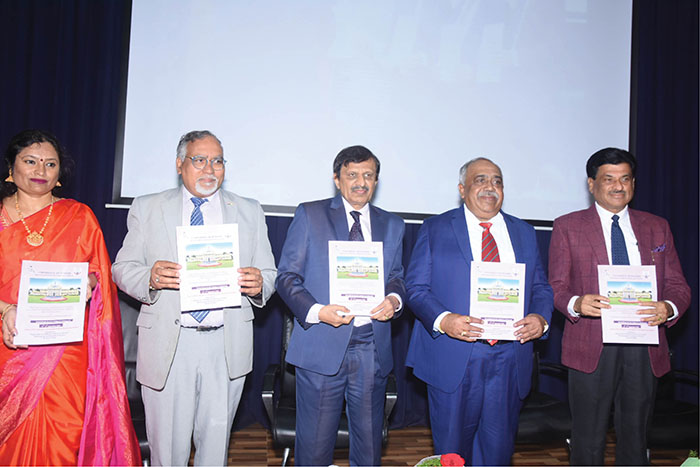
Earlier, a country’s technological and scientific teams used to take up to 10 years to develop a vaccine and now the time gap has reduced to just six months and India has achieved it. This is a remarkable achievement by India and this stellar achievement can be compared to the world’s most developed countries.
Focusing on cardiac health, Dr. Manjunath said that young people are also developing cardiovascular diseases due to stress, addiction and poor lifestyle. “There was a time when children used to bring parents for the treatment of heart diseases but today parents, particularly in India, are bringing their children in the age group of 20 to 40, for the treatment of various cardiovascular diseases,” he added.
“Loneliness and job losses, vulnerable economy and lifestyle also caused heart-related ailments among the young lot. Screen addiction besides addiction to alcohol, narcotic drugs and smoking for rising cases of cardiac problems,” he said.
Addiction to the screen, whether a computer or a mobile phone, is one of the important reasons for loneliness. “Today, people are forgetting how to lead a simple life. Simple life management is you should be polite in authority, simple in wealth and should be silent in anger,” he said.
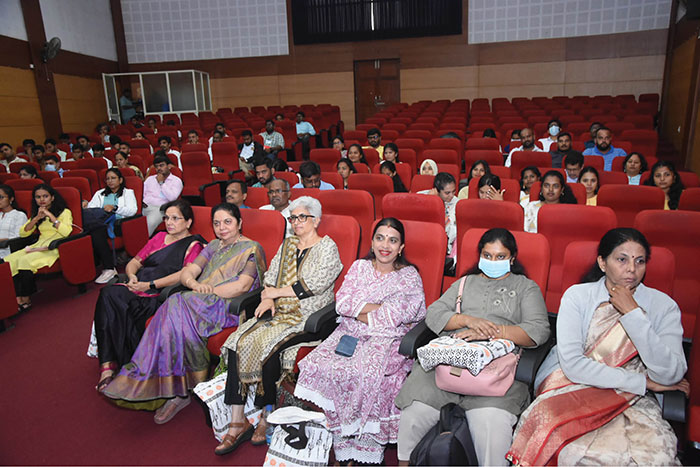
Nearly 7.5 percent of all heart patients below the age of 45 have a genetic or family predisposition to cardiac problems. “The risk factor profile for young versus old is different. Smoking is a common factor between the two, but the incidence of diabetes and high blood pressure is more among older people,” Dr. Manjunath noted.
Studies at Jayadeva Hospital showed that 15 percent out of 2,000 young patients had a strong family history of heart problems. If any member of a family suffers a heart attack below the age of 50, that is the strongest indication of risk in other members of the family,” he added.
University of Mysore Vice- Chancellor Prof. G. Hemantha Kumar, retired VC Prof. K.S. Rangappa, Dr. Hari S. Sharma, University Medical Centre, Amsterdam, The Netherlands and Prof. S.S. Malini, Chairperson, DoS in Genetics and Genomics, who is also the Organising Secretary, were present.



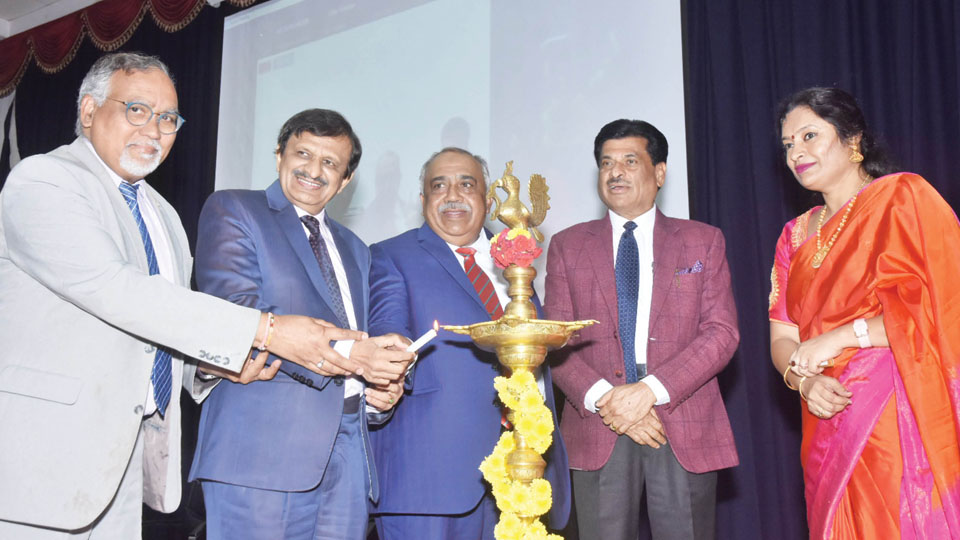

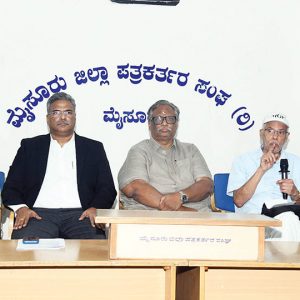
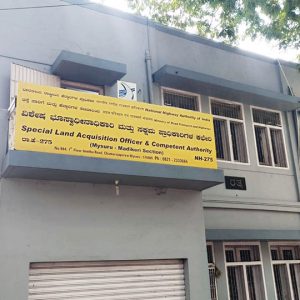
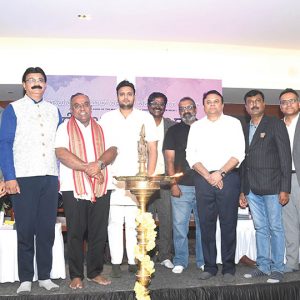
Recent Comments